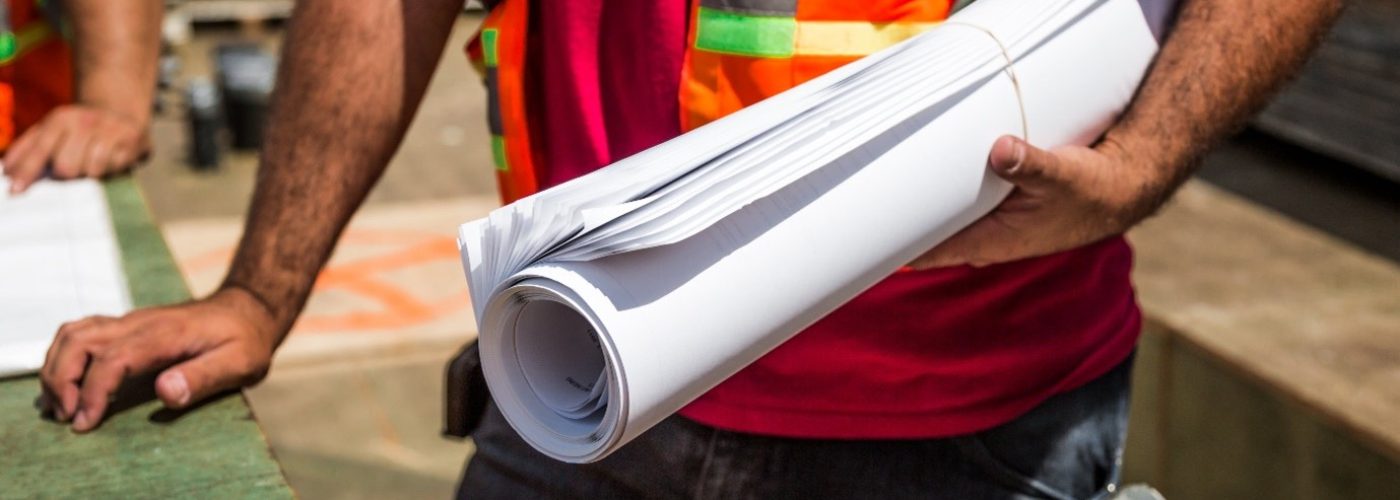We all love a bask in the sun from time to time — especially if it’s on a warm beach or in your garden on a summer’s day. But when you work outdoors, overly warm weather may not be ideal for your health or for the projects that you’re working on.
Knowing how to protect yourself from sun damage is important at any time of year. Not only can too much time in the sun harm your eyesight and put you at risk of dehydration, but it can also cause severe health problems in the long term, like skin cancer and a suppressed immune system. Heat can affect your work area too, for example by warping tools and equipment.
To mark the rumored end of Spring heatwave, Zoro have put together these five tips for tradespeople looking to avoid the effects of sun damage.
Wear the right clothing
First things first, you need to make sure you have the right kit to keep yourself protected from the sun. When things start to heat up it can be tempting to remove your shirt to cool down, but this will only expose more of your skin to harmful rays. Instead, you should look for clothing and PPE that is lightweight, breathable, or moisture-wicking. These can circulate the air close to your skin, absorb sweat, and keep you nice and cool all while providing a barrier from the sun.
While adding more clothing may seem counter intuitive, it is recommended that you wear a baseball cap or a hat with a brim to keep the sun off your face if your work doesn’t require you to wear a hard hat. Some hats also include flaps that can cover your neck and prevent sunburn there, too.
Protect your eyes
Our eyes are often forgotten about when it comes to sun protection, but harsh light can cause discomfort and even damage to these delicate organs. It’s worth taking the time to find a pair of sunglasses that are comfortable to wear and fit you properly — otherwise you may be tempted to remove them if they’re irritating, or you might fail to replace them if they fall off and become damaged. If you are short or long-sighted, you could speak to your optician about reactive lenses for your current eyewear, so you don’t have to carry two pairs of glasses around with you on site.
Take breaks in the shade
It’s important to get out of the sun when you can, particularly in the middle of the day when it’s at its brightest. Try and schedule your breaks between the hours of 11am and 3pm, so you can spend some of the hottest part of the day inside, plus grab a drink and re-apply your sunscreen (you should be topping it up every two hours). If you can’t go inside, you should think about setting up a shaded area close to your workstation or requesting a tent or marquee from your site manager (if you have one).
Your tools and equipment can suffer in the heat as well, expanding, warping, or melting in extreme cases. So, invest in some coverings that can keep the sun off them when you’re taking a break or when they’re otherwise not being used. Just like you would in frosty weather, cover masonry and other projects in polythene or hessian sheets to block the sun’s rays.
Practice proper skincare
Skincare professionals usually suggest a minimum of SPF 15 to protect your skin from UV rays, but for extensive work out in the sun you might want to consider using a high factor of at least 30 to ensure you’re properly protected. If you’re not used to wearing lotions on your skin, don’t worry — skin products have come a long way since the greasy creams and balms you might remember from your childhood. Many lotions, moisturisers and day creams contain sun protection while keeping your skin hydrated, so they’re a good two-for-one to consider.
It’s a good idea to get into the habit of checking your skin for new moles and dark spots, particularly ones that are itchy or sore. The sooner you react to skin cancer the better, so be sure to get anything unusual checked out by your GP just in case.
Stay hydrated
Drinking plenty of water is recommended for everyone, not just outdoor workers. But being dehydrated is much more dangerous than many people think, and if you’re labouring in hot weather without an adequate supply, you risk heat stroke, fainting, accidents, and much worse. So, make sure you have a refillable water bottle with you on every job.
You should also consider drinking less fizzy drinks while you work, as well reducing the amount of tea and coffee you consume. This is because sugar and caffeine can often make dehydration worse. Instead, stick to water, sugar-free squash, or electrolyte-replacing sports drinks to stay hydrated.





